Beware Falcao, Welbeck, Balotelli and Ozil: don't believe the big-money hype
Don't get sucked into investing emotionally in those big money deadline deals. They rarely work out, says Alex Hess...
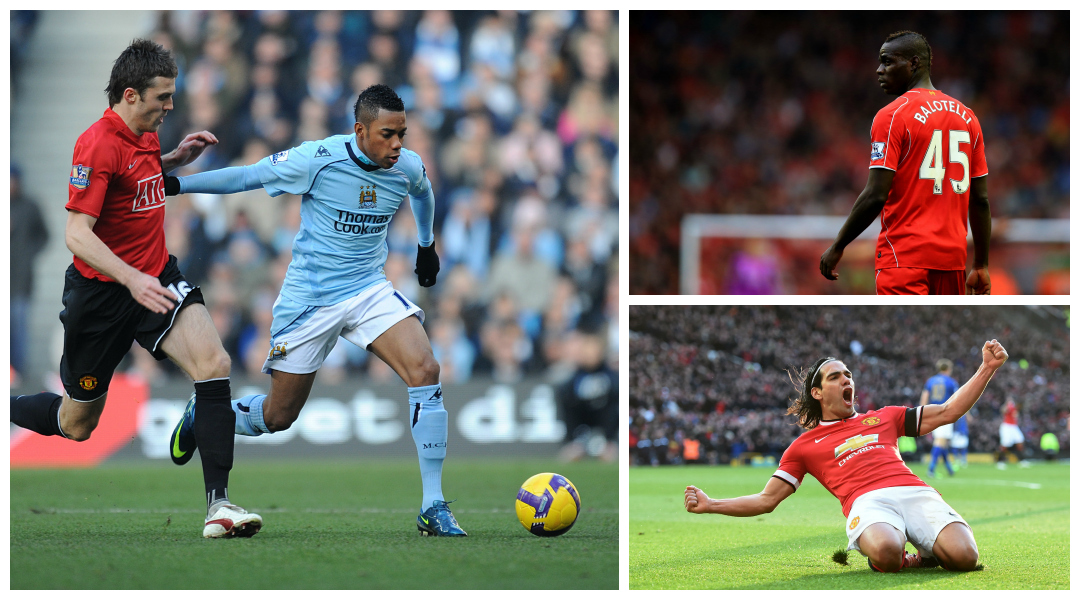
Officially, it was in 2003 that the transfer window was introduced to British football but, really, it began more recently than that. It's unclear precisely when transfer deadline day became Transfer Deadline Day, the bombast-fuelled twice-yearly occasion whose profile now trumps any derby match or cup final, but that’s the position we’re in. And it's this event more than any other which, for better or worse, best represents the transfer window as we now know it: a surreal, sex toy-wielding microcosm of hype and hysteria.
The centrality of Deadline Day to the modern-day football calendar is bizarre, but it’s also something of a red herring. Its relationship to the transfer market's escalating mania is only really as a symptom, while the cause lies in the spiralling amounts of money that now deluge British football. And this ballooning economic model throws up more significant consequences than an occasional one-day circus act.
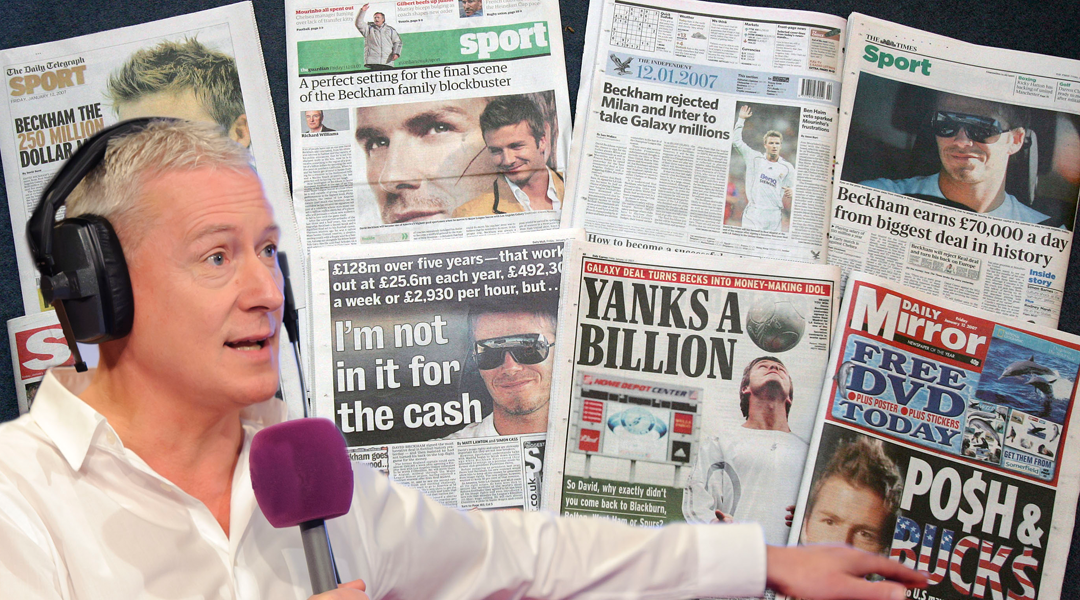
Falcao's failure
For instance, hark back to last summer, and, with 12 months’ hindsight, we can identify a telling mini-theme that runs through some of the Premier League’s more high-profile attacking acquisitions: disappointment.
As you may remember, deadline day 2014 concluded with Radamel Falcao relinquishing the sunshine, super-yachts and sympathetic tax rates of Monte Carlo in order to play for Manchester United. A one-off fee of £6m was reported – practically unheard of for a season-long loan deal – with United also required to cover their new striker's wages to the tune of £265,000 per week.
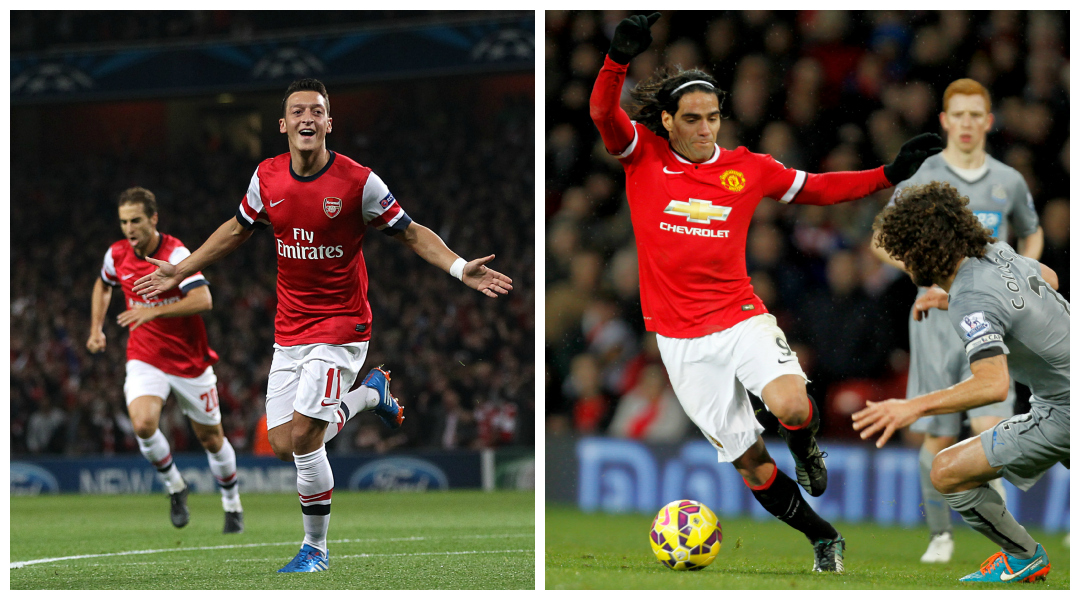
The blunted, out-of-practice Falcao spent the season looking blunted and out of practice
With such eye-watering sums being exchanged, excitement was understandably rife.
“Falcao is obsessed with goals and he comes with guarantees: he’ll perform for Manchester United, and he’ll perform in the Premier League,” predicted the Daily Mail’s Neil Ashton, footnoting his claim with the fact that the striker was also recovering from a serious knee injury.
Get FourFourTwo Newsletter
The best features, fun and footballing quizzes, straight to your inbox every week.
While the pundits were rounded up to debate how United’s new-look front three compared to the tridents brandished by Barcelona and Real Madrid, sports news channels wasted little time in splicing together compilations of Falcao’s more remarkable feats of goalscoring to date. There was plenty of material.
Welbeck wasted
And as this bronzed South American goal-god burst through Old Trafford’s revolving door, out the other side popped Danny Welbeck, whose move to Arsenal was soundtracked not only by declarations that United had betrayed their proud traditions by selling off an academy product – throwing around three-quarters of Sunderland’s squad into a state of bewilderment – but also by whispers that England’s most complete No.9 would finally be granted the regular football he needed to flourish.
“Now Welbeck has the chance to show United what they are missing, and maybe it can be payback time for Arsenal after selling Robin van Persie two years ago,” wrote John Cross in the Daily Mirror. “Welbeck is often mistakenly dismissed as a wasteful finisher [but] he’s quick, can dribble and clearly, more than anything else, wants a run of games to build his confidence and belief.” His was anything but a lone voice.
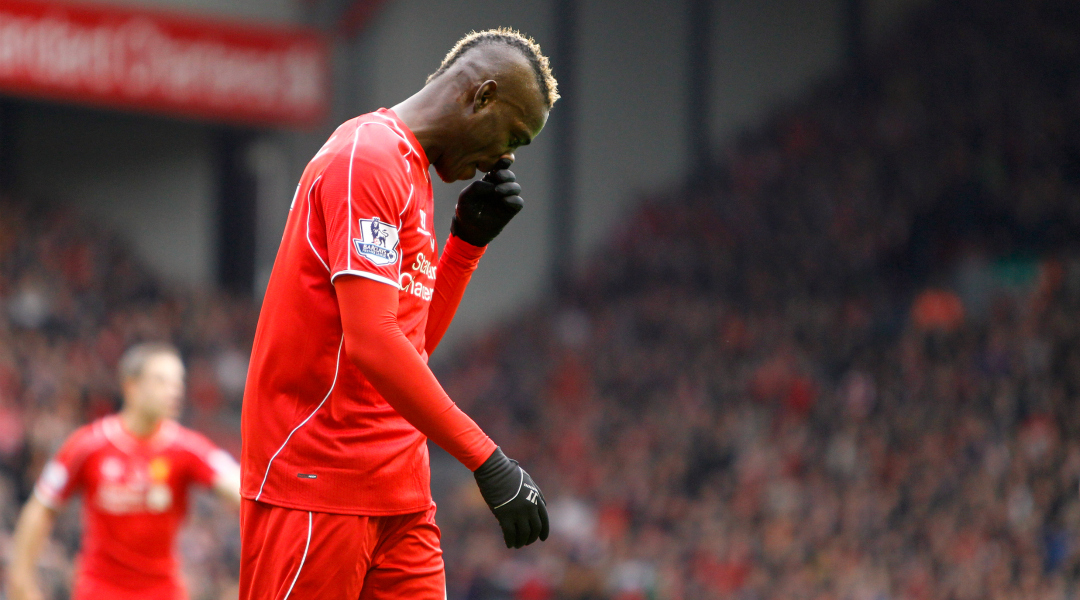
Back in the north-west, Mario Balotelli’s arrival at Liverpool had already been greeted with a now-familiar level of hysteria, and with a certain Luis Suarez having just left Anfield, the narrative was ready-made. “Balotelli needed to bring Suarez menace back to Anfield”, ran a headline in TheGuardian which largely summarised the angle taken by the media at large: having just overseen the Bruce Banner-like transformation of Suarez, could Brendan Rodgers now do the same with English football’s favourite troubled-maverick-cum-potential-goal-machine? Such hysteria was not limited to the media: Liverpool sold £50k worth of Balotelli shirts on the afternoon he signed.
Money mayhem
Of course, we now know how these three moves did, in the event, play out. The blunted, out-of-practice Falcao spent the season looking blunted and out of practice. The willing-but-limited Welbeck managed plenty of earnest scampering about in north London, but struggled for goals and is yet to nail down a place in the side. Balotelli, long famed for both his inconsistency and languid playing style, proved undependable once again, and predictably ill-suited to Rodgers’ high-tempo blueprint.
In the media over the summer, the proximity of the three names is unlikely to ever be far from the world 'flop', but in hindsight, perhaps the biggest surprise is that these outcomes were any surprise at all. And of course, much of the transfers' initial response, from media and fans alike, have since proved optimistic.

Now, there’s nothing wrong with getting excited by a big move. But there is also a link between this excitement and the fact that the above players are united only in their failure to justify the cocktail of hype, fee and expectations with which their moves were greeted. And here we reach the overriding point: that the entire business of football transfers is, at its heart, becoming fundamentally hardwired to underwhelm.
Two more facts. In February, the Premier League’s broadcasting rights for the next three years were sold for £5.2bn – a figure that, once international rights were factored in, was expected to rise to £8.5bn. The following month, Forbes magazine’s list of the 1,826 billionaires on the planet (or to put it another way, the world's wealthiest 0.00002%) included owners of exactly half of the Premier League's clubs.
Market logic dictates that the more cash poured into top-level football – be it from TV deals, oil fields or wherever else – the higher the sums of money for which its players will change hands. In turn, football's skyrocketing sums and soaring profile serve to increase the scale and the tone of its reportage.
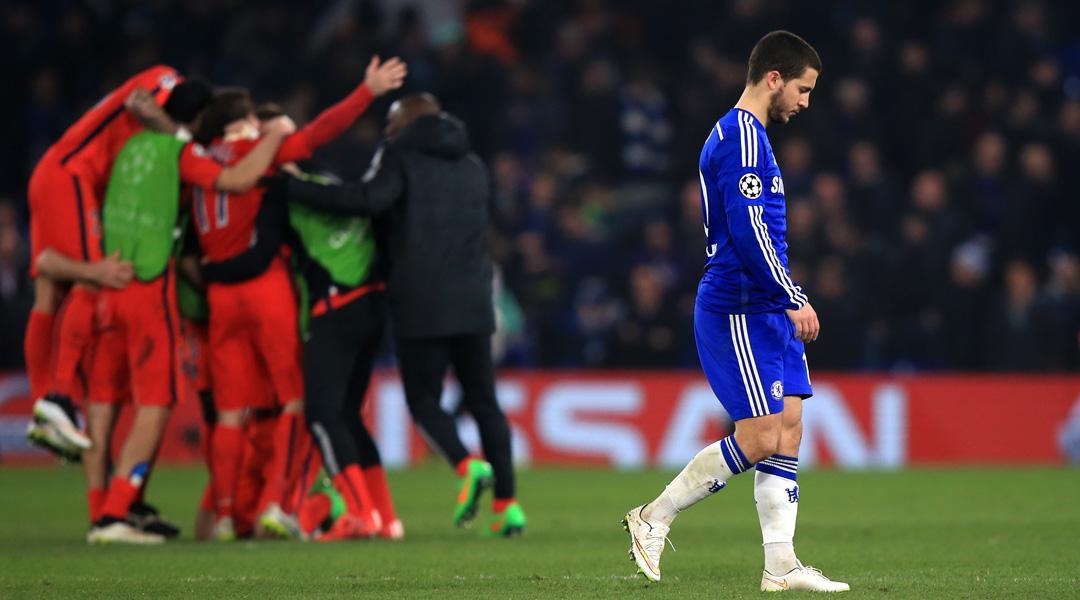
Fans dismayed
At ground level, though – on the terraces; in the pubs – these machinations work in direct opposition to notions such as patience and perspective. The upshot, as fans’ expectations are skewed ever-further upwards, is that the eventual reality is made to seem all the more mundane. And while the process is clearly harshest on the spectators, it’s not overly fair on the players either. Last year, for example, Mesut Ozil laid on 14 goals, scored another seven, and generally performed at a level either above or commensurate with his team at large. And yet his debut campaign with Arsenal was largely painted as a substandard let-down, thanks largely to a £42m transfer fee that rendered him, with Pythonesque levels of absurdity, the 12th-most expensive player in football history.
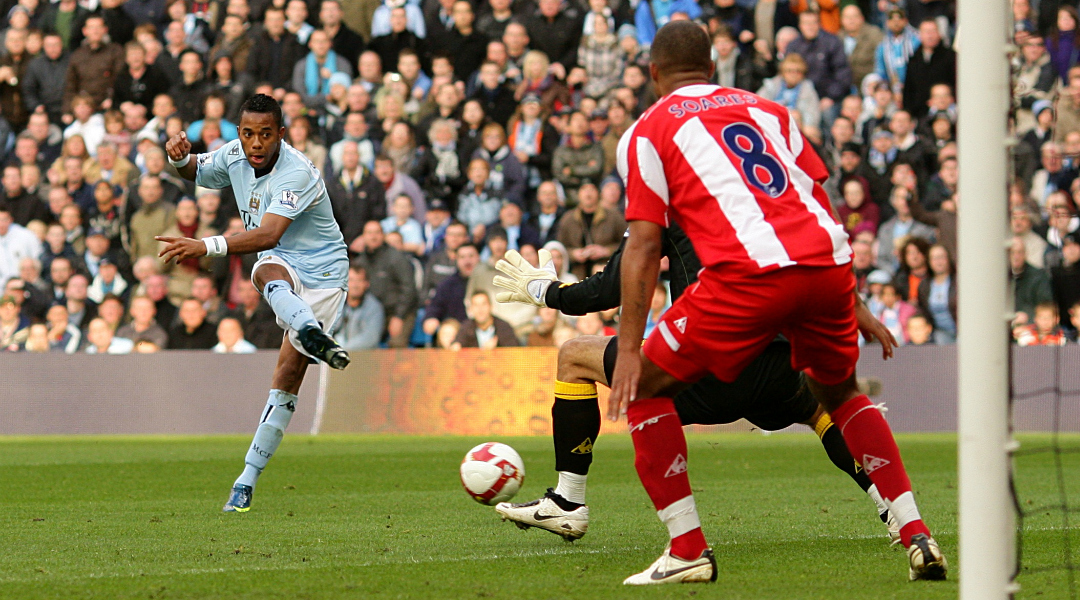
Mesut Ozil laid on 14 goals, scored another seven, and generally performed at a level either above or commensurate with his team at large
A similar case can be made regarding Robinho, whose 16-month spell at Manchester City, after joining for £32m, has entered the annals of football history as a cautionary tale: of god-given ability desperately squandered and of the disruptive dangers of starry-eyed, glamour-driven recruitment policies. And yet the Brazilian, before his form did indeed tail off, scored 14 goals in his only full season at the club, a figure that doesn’t do justice to how he often single-handedly elevated a side who finished 10th in the league, and for whom Filipe Caicedo and Gelson Fernandes racked up 55 league appearances between them.
Ozil observed
Is Ozil a success, or is he a flop? Was Robinho a horribly ill-advised recruit, or in fact a central character in the springboard to City’s eventual success? Once some context beyond pound signs and headlines is applied, the answers suddenly don’t seem so straightforward.
And while Balotelli and Falcao will be judged as failures by any measure, such events are in the nature of the transfer market. The fact remains that, while the bluster, back pages and bank balances that have come to define the transfer window might suggest otherwise, the formula for the perfect buy remains very much undiscovered, and every transfer contains a strong element of Hail Mary.
Meanwhile, hype, money and expectation have become locked together for a mutually snowballing effect. Players are held to unreasonable standards while fans are imbued with fantastical levels of expectancy which invariably remain unfulfilled.

The cycle looks unlikely to slow down anytime soon. With February's TV deal representing a 70% rise on the previous one, and with football's allure toward cigar-chomping billionaires continuing apace, the wheels that keep the whole process chugging forwards remain well-greased.
For now, it looks as though it's up to fans to prove their autonomy amid a swamp of dollar signs and hysteria, and keep this summer's expectations tethered to reality as best they can.
